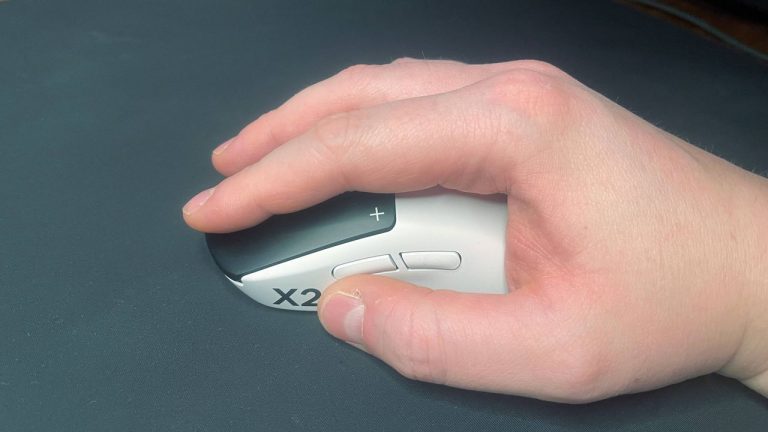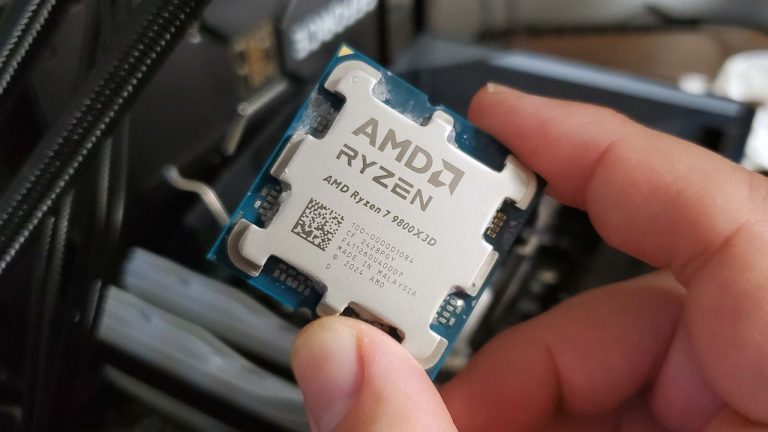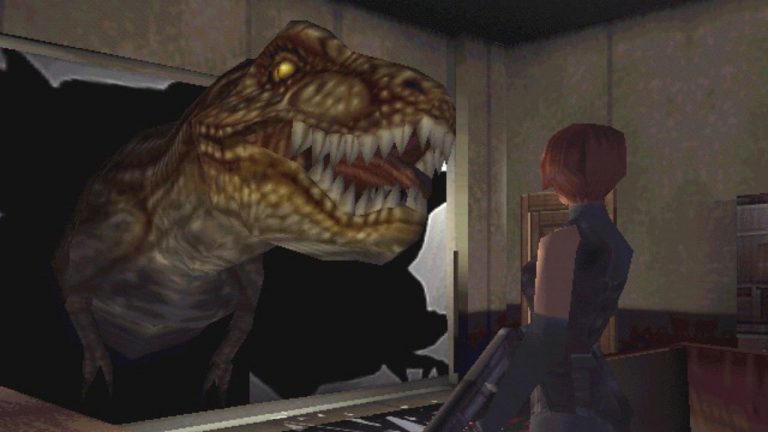As SSDs have gotten ever cheaper, the appeal of traditional magnetic hard drives has waned. Well, for gamers if not some industrial scale storage applications. That’s remained true even with flash memory prices on the up of late. But if you want maximum capacity, there’s still no substitute for a spinning platter. Which is why Seagate has been demoing new hard drive tech that’s expected to extend capacities to as much as 240TB per drive in the next 10 years or so.
The latest heat-assisted magnetic recording (HAMR) in cutting-edge drives offers as much as double the data density of the more traditional perpendicular magnetic recording (PMR) tech found in hard drives. But now a research team from Seagate Technology, NIMS, and Tohoku University has successfully demo’ed multi-level HAMR (via Tom’s Hardware), thereby unlocking even further data density.
Apparently, the basic concept of multi-level magnetic recording isn’t new. The problem has been finding a suitable material. And now the Seagate-led team has, namely two FePt-C nanogranular films separated by a Ru-C spacer layer with a cubic crystal structure. Well, obviously!
Incidentally, if you happen to be a material science PhD, you can check out the full research paper here. For everyone else, the Cliff Notes go something like this:
By adjusting the laser power and magnetic fields during writing, the FePT layers can be addressed independently, thereby doubling capacity. If that wasn’t impressive enough, the researchers reckon this approach can be applied to three-level recording and may even work at four levels.
If so, you’d be looking at a 10-platter hard drive with a rough capacity of about 240TB. Which should just about cover installation of one or two of the latest data-munching games on Steam.
(Image credit: Future)
Best CPU for gaming: The top chips from Intel and AMD.
Best gaming motherboard: The right boards.
Best graphics card: Your perfect pixel-pusher awaits.
Best SSD for gaming: Get into the game ahead of the rest.
To put that into context, Seagate’s current BarraCuda line of desktop drives tops out at 8GB, while its enterprise class HDDs extend to 24GB. So there’s potential for 10x the capacity versus Seagate’s current largest offering.
As for when, exactly, this technology will hit the PC, that’s a bit of an open question. While the technology appears to be proven, it is also looking like it will be very costly, at least initially. Apparently, the multi-level material will require a new design of read/write heads.
So, it’s likely this novel technology will appear first in pricey enterprise drives for servers. But there’s plenty of precedent for new hard drive techs trickling down from servers to desktop eventually. So, hang in there if you want hundreds of terabytes of storage in a single drive. It’s coming, the only question is how soon.












